| Why did I get involved with 112? Because we all need to do our part to save lives. |
BV: You have been a strong advocate for a better 112 service and you have worked a lot on raising awareness of 112. How did you get involved with the topic? What was the reason?
AV: In simple words, because we all need to do our part to save lives.
Since 2007, I have used my position in the European Parliament to promote the safety issues surrounding the 112 European emergency number, both as a Committee member (LIBE and ITRE), and as Vice-President of the European Parliament. I have also long advocated for better emergency services in my country as a 112 Ambassador. All over these years, I have seen that the initial reasons triggering my commitment were still standing; we need to continue improving collaboration between emergency services within and between Member States, we need more accurate location data and we need to raise European citizen’s awareness of 112, as too many people (over half of Europeans) still do not know the emergency number. This has one goal; saving lives.
To do so, I have tirelessly worked together with my colleagues in the European Parliament for many years, leading petitions, written declarations… In 2009, I passed an amendment that included the obligation for telecom operators to send an SMS to their customers informing them about the 112 number when crossing borders. Furthermore, and in collaboration with EENA, I launched several public awareness campaigns, inviting all EU airports and airlines to inform passengers about 112; we did the same thing with hotels, restaurants, camps, travel agencies and other organisations. In 2015, I brought together for the first time 40 national emergency services from 25 European countries to meet their Members of the European Parliament to discuss together how to improve the quality of emergency services in the EU.
And we need to keep working…!
| The issue of time in emergency response is crucial. Responding faster means saving more lives. |
BV: Europe has experienced many emergencies recently, from terrorist attacks to natural disasters. The scale of these crises has forced people to open a discussion about emergency response in Europe. What priorities do you see to improve the safety of Europeans?
AV: I believe that the issue of time in emergency response is crucial, as responding faster means saving more lives. This is why there is still a lot to do in the Member States to increase awareness of 112 among our citizens. It is obviously the first step as the more citizens know the emergency number the more we can save valuable time and ask for help quickly.
Another issue is the accuracy of caller location. We have long called for increased quality in this area and many deaths could have been avoided if all Member States were using the technological means at our disposal that allow emergency services to find a person in danger faster. For example, the AML technology allows to find people in a radius of 30 meters or less instead of 2km. This technology should be deployed in all Member States on all devices.
We also need to put in place an efficient public warning system in Europe; a system that would help people find out about emergencies faster, react appropriately and remain safe!
And then, you have the issue of accessibility: it is important to ensure that all citizens enjoy equal access to emergency services and appropriate access for people with disabilities; with today’s technologies it is not a question of “if” but a question of investment.
| European Response Coordination Centre: This is where the EU has to make the most of its power by pooling resources, expertise and collaboration. |
BV: You recently visited the European Response Coordination Centre in Brussels. What were your impressions?
AV: I was very glad to see the added value the centre provides when Member States are confronted with an emergency that puts enormous pressure on national emergency services. It is very useful also when national resources are scarce in case of a disaster; the example of the dramatic fires in Portugal showed that the EU Civil Protection Mechanism allowed 7 fire-extinguishing planes to be sent from France, Spain and Italy. This Mechanism facilitates cooperation in disaster response among 34 European states (28 EU Member States, the former Yugoslav Republic of Macedonia, Iceland, Norway, Montenegro, Serbia and Turkey). This is where the EU has to make the most of its power by pooling resources, expertise and collaboration.
| We need to keep working to improve the quality and collaboration among our emergency services in our Member States and across the EU. |
BV: Would you like to add anything?
AV: We need to keep working to improve the quality and collaboration among our emergency services in our Member States and across the EU. I will keep doing more than my share to contribute to the efforts of saving more lives in Europe and I’m looking forward to working with others towards the same goal.
